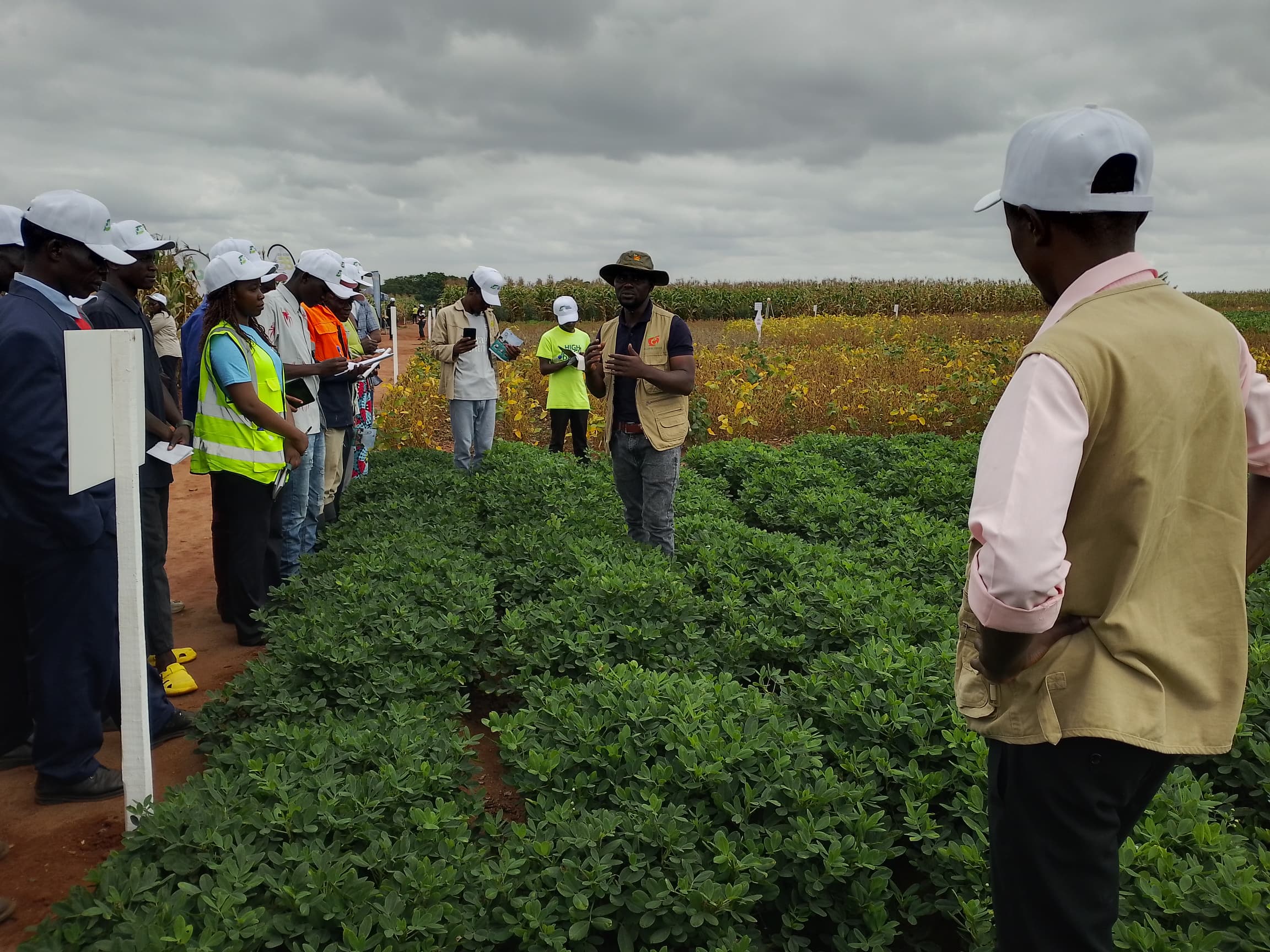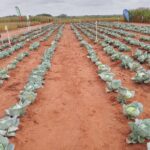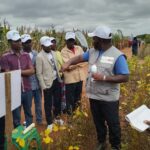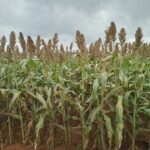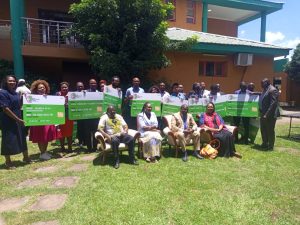Farmers Witness Potential of Modern Agriculture at CAT-NRC Smart-Farm in Lilongwe
The Centre for agricultural transformation (CAT), has expressed satisfaction with the results realized from the interventions the organization is implementing with its stakeholders on smart agriculture where smallholder farmers in the country are being encouraged to diversify and adopt climate resilient crops.
CAT Executive Director, Macleod Nkhoma, says for the past five years the organization has been working on the concept, some farmers have now started rejoicing over bumper yields after embracing smart agriculture practices.
Today, the organization showcased various modern farming technologies to about two thousand farmers from selected districts in all regions of the country, during a farmer field day under the theme ‘‘climate-resilient agricultural technologies and crop diversification for sustainable food security” at its NRC Smart-Farm in Lilongwe, so that farmers should emulate the same at their respective fields.
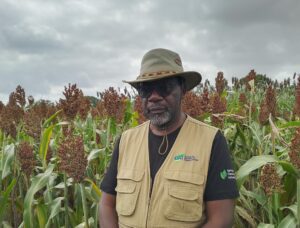
“Smart agriculture, you start looking at the condition of the soils. You want to start there, that the soils are in a condition that crops can grow well. But also, the other thing is that smart agriculture looks at having diversified crops that our farmers can produce. The reason for that is that in case one of the crops fails, at least they will have something from another crop,” Nkhoma emphasized.
“We have got weather stations here. We call them ground sensors. These ones give us information, agricultural information, that is very important for crop production, but also the other thing about smart agriculture is that you’ve seen here we have irrigation facilities to ensure that in case there is some drought, we can still irrigate. And so, the ground sensors will send us information that the soil’s moisture has dropped at a certain level and our technicians will trigger the irrigation to actually irrigate the crops,” he added.
Deputy director responsible for field crops in the ministry of Agriculture, Osborne Tsoka, expressed hopes that the country can alleviate hunger if farmers can embrace modern farming technologies.
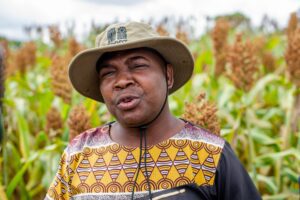
‘’when it comes to maize, they’re getting barely below around 2.3 metric tons per hectare. But when you look at the technologies that are being showcased here, we are getting the yields as high as 8 metric tons per hectare,’’ Tsoka hoped.
The vice president and Country Director for Global Action to end smoking through the Agricultural Transformation Initiative (ATI), Dr. Candida Nakhumwa, the funding partners for the Project, expressed her impression with the progress that has been made in as far as diversifying farmers to stop relying only on Tobacco as their cash crop is concerned.
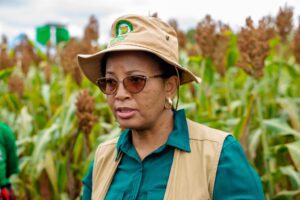
’’as you have seen on the field, they’ve diversified into oil seed crops, especially soya beans and groundnuts. And for soyabeans, what we’ve seen is that it has readily available domestic market, as we see an increase in the need for fish feeds, livestock feeds in general,” Nakhumwa explained.
Nakhumwa then disclosed their continued partnership with CAT as they are also looking to help farmers compete on the international market through value addition.
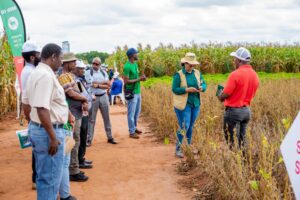
“We have built the Centre for Agricultural Transformation. And the idea is that we want to bring in an element of value addition. We want to bring in an element where farmers or entrepreneurs that would like to venture into value addition, and so we’ve assisted to begin to understand, how do I process peanut butter? How do I process cooking oil? Before they engage with the Malawi Bureau of Standards, we want them to be at the lab here, where the costs are slightly lower. They should test their products, and then the engagement with the Malawi Bureau of Standards comes at the end,” she added.
Emanuel Yendemani Mwale from Madzo cooperative in Madisi, praised CAT for the knowledge saying now they are realizing bountiful yields since they started using smart agriculture technologies.

